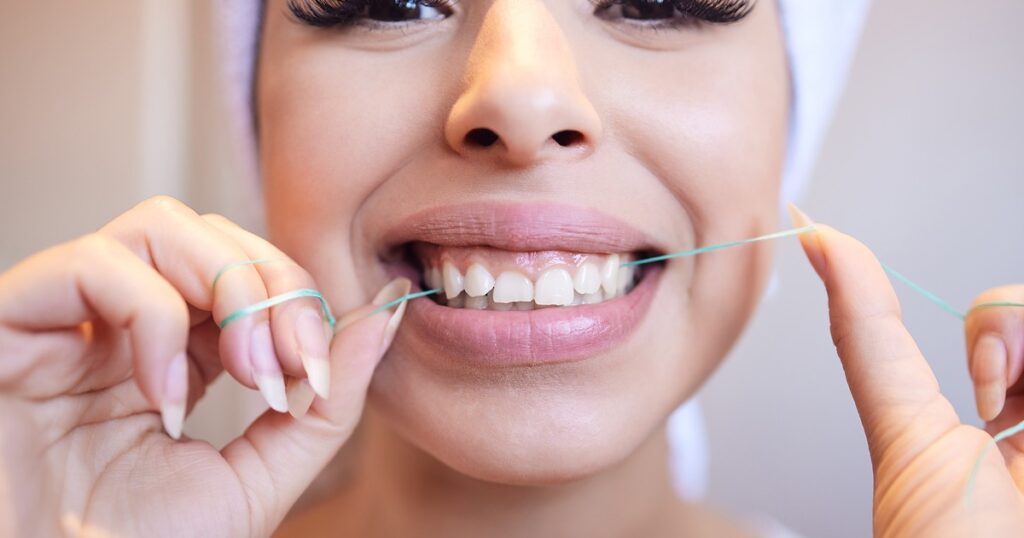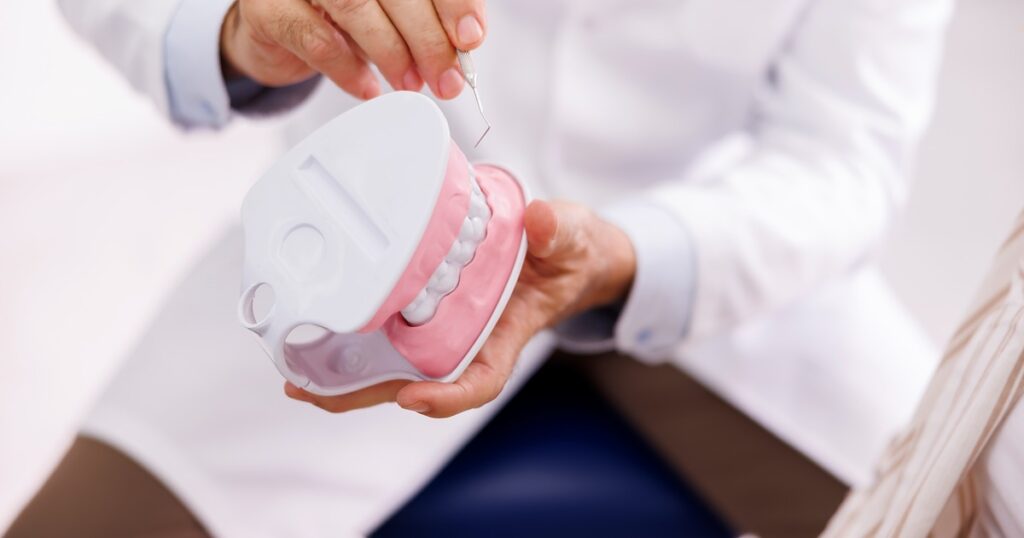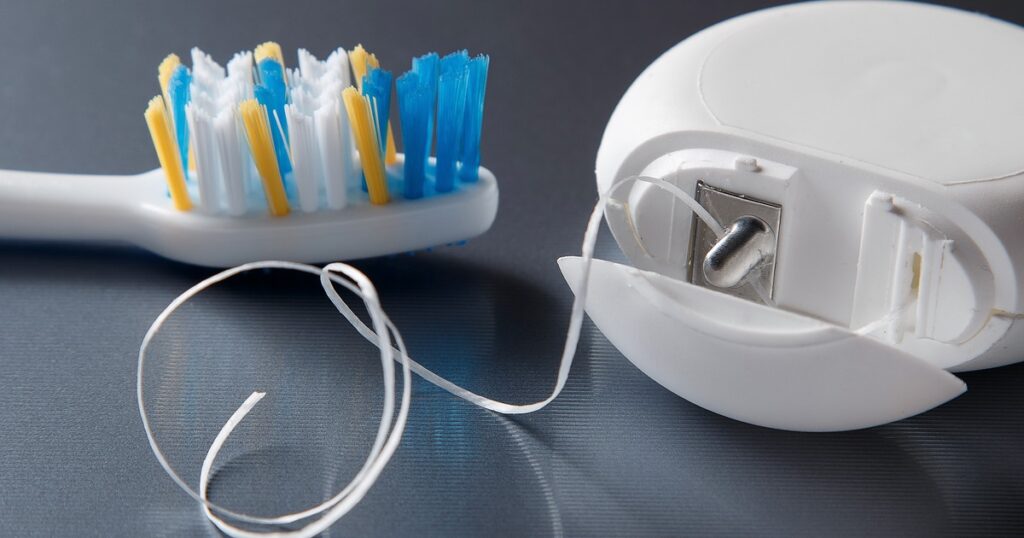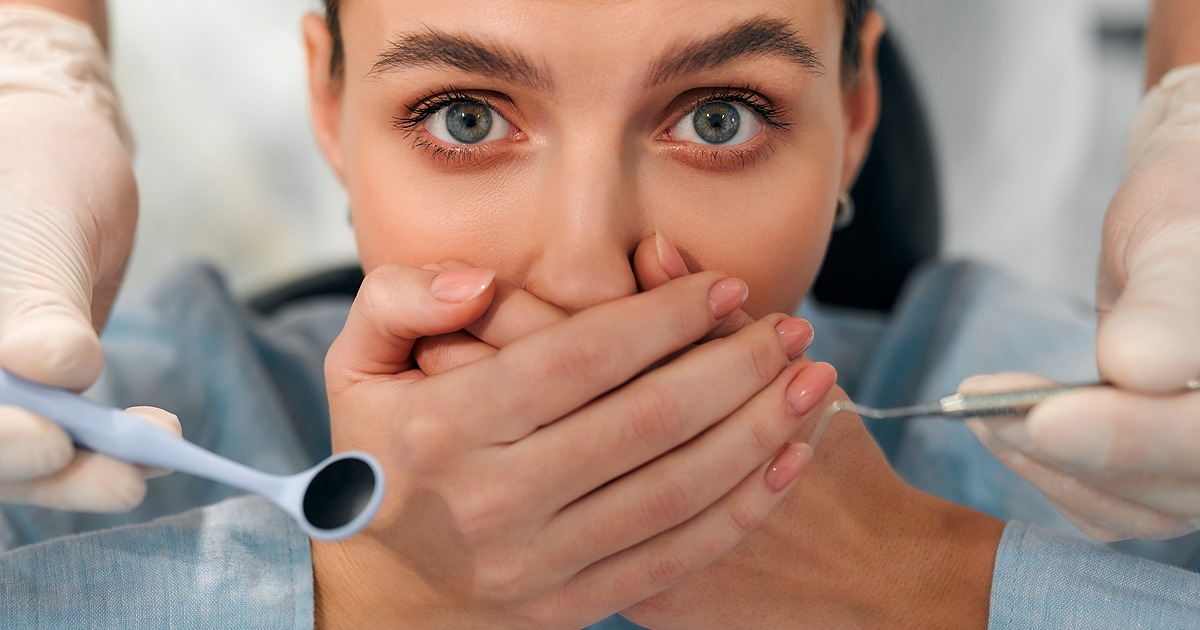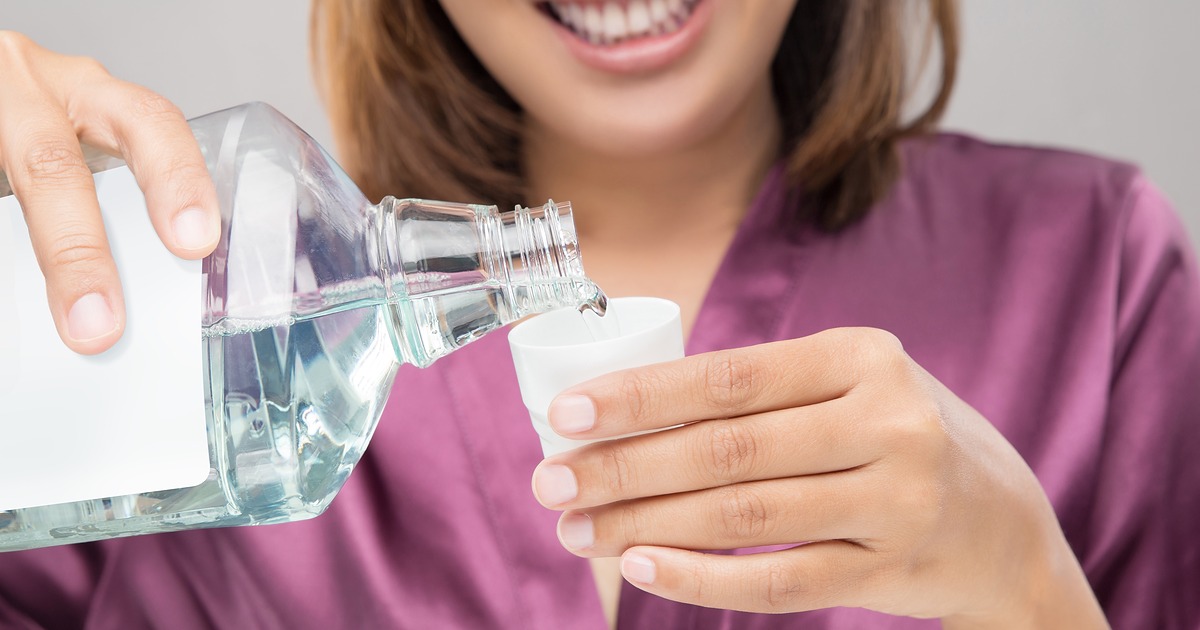Do Cavities Cause Bad Breath? The Truth Explained

Bad breath, also called halitosis, can be embarrassing and frustrating. Many people think it only comes from food or poor hygiene, but did you know that cavities can also cause bad breath?
In this post, we’ll explore how cavities lead to bad breath, the difference between normal morning breath and chronic halitosis, and how you can fix the problem. If cavities aren’t the issue, you can still improve freshness with Toothpaste for Bad Breath and Dentist-Recommended Mouthwashes. Don’t forget to check the Top Causes of Bad Breath for other possible reasons.
🤔 What Causes Bad Breath in General?
Bad breath can come from many sources, including:
-
Food particles stuck between teeth
-
Poor brushing or flossing habits
-
Dry mouth (lack of saliva)
-
Gum disease (gingivitis or periodontitis)
-
Cavities and tooth decay
While occasional bad breath is normal, persistent bad breath often means something deeper is going on—like cavities.
🦷 How Do Cavities Cause Bad Breath?
Cavities are holes in your teeth caused by tooth decay. They form when bacteria feed on leftover sugars, producing acids that erode enamel.
Here’s why cavities smell bad:
-
Bacteria buildup → Cavities trap bacteria inside tiny holes.
-
Food particles get stuck → Decaying food leads to a foul odor.
-
Tooth decay itself smells → The breakdown of tooth tissue releases an unpleasant smell.
⚠️ That’s why no matter how much you brush or use mouthwash, if you have cavities, the bad breath will keep coming back.
🔍 Signs Your Bad Breath May Be from Cavities
-
Persistent bad breath despite good oral hygiene
-
Tooth sensitivity to hot, cold, or sweet foods
-
Visible holes or dark spots on teeth
-
Pain when chewing
-
Gum swelling near the affected tooth
If you notice these symptoms, a dental visit is essential.
🧪 Cavities vs. Gum Disease: Which Causes Worse Breath?
Both cavities and gum disease can cause halitosis, but in different ways:
-
Cavities → Trap bacteria and food, causing localized odor.
-
Gum Disease → Causes sulfur-producing bacteria in deep gum pockets, leading to stronger, foul-smelling breath.
👉 If you have both, bad breath can be especially severe.
🛡️ How to Prevent Bad Breath from Cavities
-
Brush twice daily with fluoride toothpaste
-
Floss every day to remove food between teeth
-
Limit sugary foods and drinks
-
Drink plenty of water to keep saliva flowing
-
Visit the dentist every 6 months for checkups
-
Get cavities filled before they worsen
❓ FAQs: Cavities & Bad Breath
1. Can small cavities cause bad breath?
Yes, even small cavities can trap bacteria and lead to bad breath.
2. Does filling a cavity stop bad breath?
In most cases, yes. Once the decay is removed and the tooth is restored, the odor disappears.
3. Why does my breath smell bad even after brushing?
If brushing and flossing don’t help, cavities or gum disease may be the cause.
4. Can mouthwash fix cavity-related bad breath?
Mouthwash may mask the smell temporarily, but it won’t fix the cavity. Only a dentist can.
🔑 Final Takeaway
Yes—cavities do cause bad breath. The decay, bacteria, and trapped food particles inside cavities release unpleasant odors that brushing alone can’t fix. If you have persistent bad breath, visit a dentist to rule out cavities and gum disease.
By treating cavities early, you not only save your smile—but also regain fresh, confident breath.



